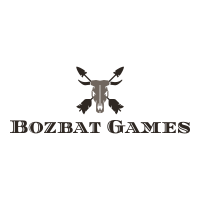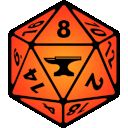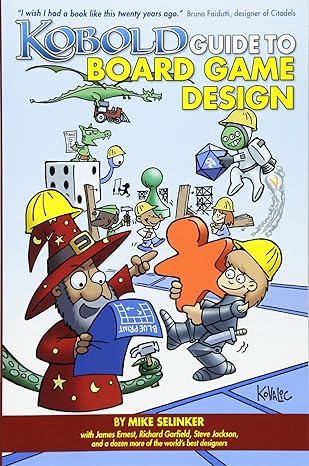Foundry Virtual Tabletop (‘Foundry VTT’ or just ‘Foundry’ hereafter – https://foundryvtt.com/) is a versatile platform that supports a wide array of third-party add-ons and gaming systems, enhancing its functionality and user experience. One of the key strengths of Foundry VTT is its extensive library of community-developed modules, which cater to a diverse range of tabletop role-playing game (TTRPG) systems. As of 2023, the platform supports over 350 different game systems, showcasing its versatility and the dedication of its community.
At its core, Foundry is a self-hosted application – meaning you buy it once (for around $50 for a lifetime license), install it on your own machine or server, and own your data without subscriptions or ads. If you are tired of clunky, paywalled alternatives, Foundry might just be your next obsession – but it is not for everyone.
Pros: Immersive, Customizable, and Evolving
Foundry shines in delivering a rich, in-person-like experience that feels boundless once you dive in. Here’s what stands out:
- Unmatched Customization and Modding: The real magic is the module ecosystem. With thousands of free community-created add-ons, you can automate everything from dice rolls and combat trackers to dynamic lighting, fog of war, and even immersive audio via integrations. Want animated doors, token auras for spells, or 3D canvas imports? There’s a module for it. it is developer-friendly, with API access that lets tinkerers build their dream setup.
- Performance and Visuals: The most recent stable release, Version 13, is overhauled the UI with dark/light themes, smoother token movement, and combat turn markers – making sessions feel fluid and modern. Dynamic lighting is a standout: torches flicker realistically, spells cast shadows, and vision updates in real-time without lag.
- Third-party add-ons: These are plentiful and varied, allowing users to tailor their gaming experience to their specific needs. These add-ons range from simple tools to complex automation scripts. For example, there are modules for dynamic lighting, fog of war, playlists, and built-in VoIP, which can significantly enhance the immersion and convenience of online gaming sessions. Additionally, there are modules that bridge the gap between other platforms and Foundry VTT, such as the D&D Beyond integration, which allows users to import monsters and other content directly into their Foundry VTT games.
- Official Content and Accessibility: Some well-known gaming systems that contribute to and are supported by Foundry VTT include Dungeons & Dragons 5e, Pathfinder 2e, Call of Cthulhu, Shadowdark, and Alien RPG, among others. These systems benefit from the platform’s robust community and flexible architecture, which supports JavaScript-based macros, active effects, and integration with rule engines. For instance, the official Dungeons & Dragons 5e system for Foundry VTT provides support for all core rules, including features like automatic character advancement, quick access to rules content, and extensive support for vision types like darkvision and tremorsense.
In short, if you love tweaking systems and want a VTT that grows with you, Foundry feels limitless.
Cons: Steep Learning Curve and Setup Hassles
Foundry is not plug-and-play – it is a toolbox that rewards investment but punishes impatience. Common gripes include:
- Setup & Hosting: Requires self-hosting (e.g., on your PC or AWS) with no built-in browser access like Roll20. Tools like ngrok or vtunnel help, but it requires some tech savvy, and RAM usage can balloon for large worlds.
- Learning Curve: Getting Foundry up and running for the first time can be overwhelming.It is advised to first start with tutorials which can be found on YouTube and elsewhere. Then begin with minimal modules. Even after learning the basics, setup can be laborious, and it may not be ideal for casual pick-up games.
- Player Onboarding: Players need the client app – there is no seamless web to join. Groups switching from Roll20 often cite this as a hurdle, though once set up, it is smoother than alternatives.
- No Built-in Creation Tools: Foundry is great for importing maps and assets, but there is no full map editor. It is not ideal for on-the-fly world building without extra software.
If you are not tech-savvy or just want quick sessions, stick to simpler options like Owlbear Rodeo.
Overall Verdict: Worth It for Committed Groups
Foundry VTT is not just surviving the VTT boom – it is leading it for those DMs who love to geek out on mods and mechanics. Casual players might balk at the setup, but for ongoing campaigns, it is transformative. There is a free demo on the website (https://foundryvtt.com/) that might just convince you to take the leap. The community will guide you from there.



